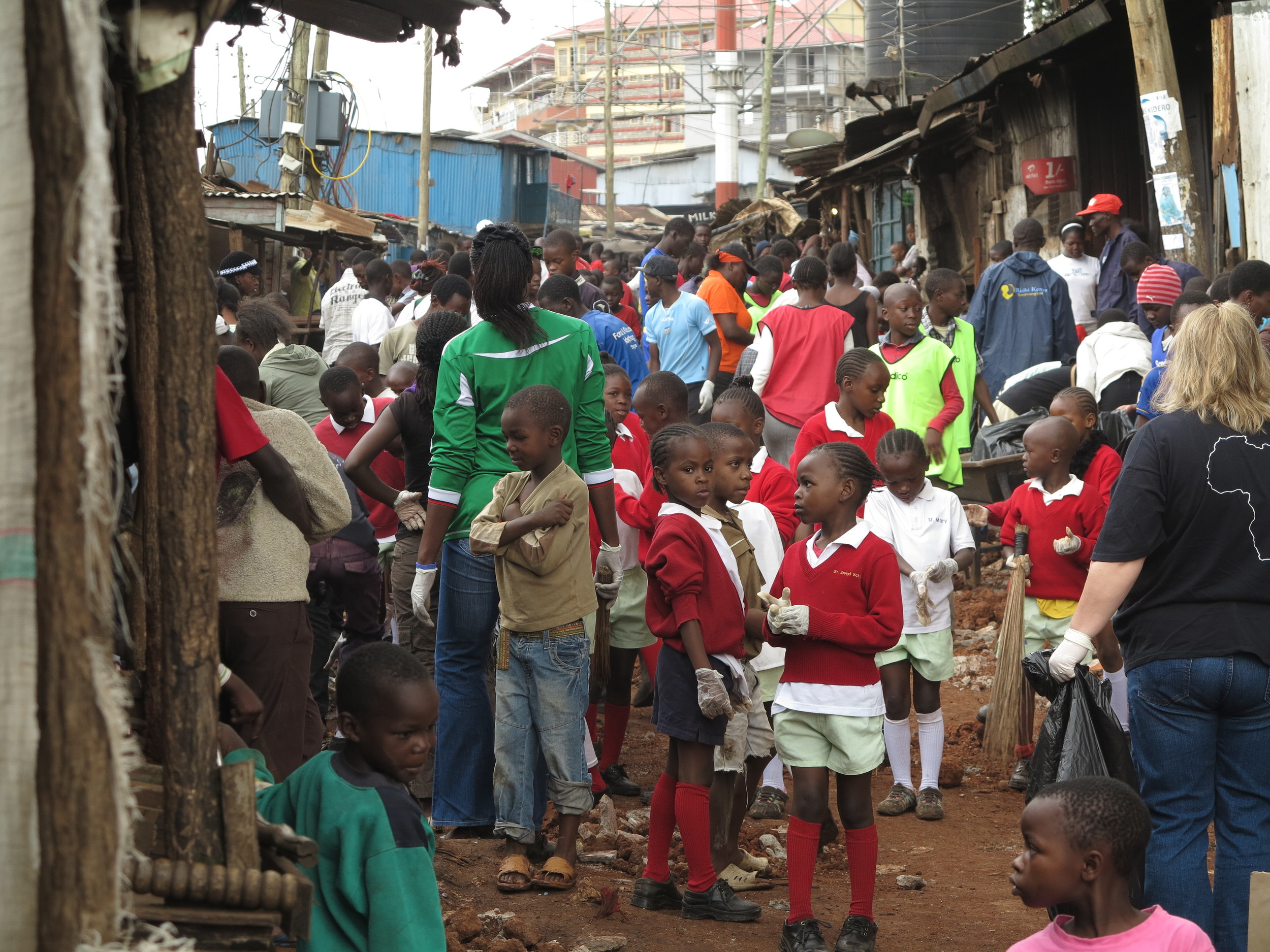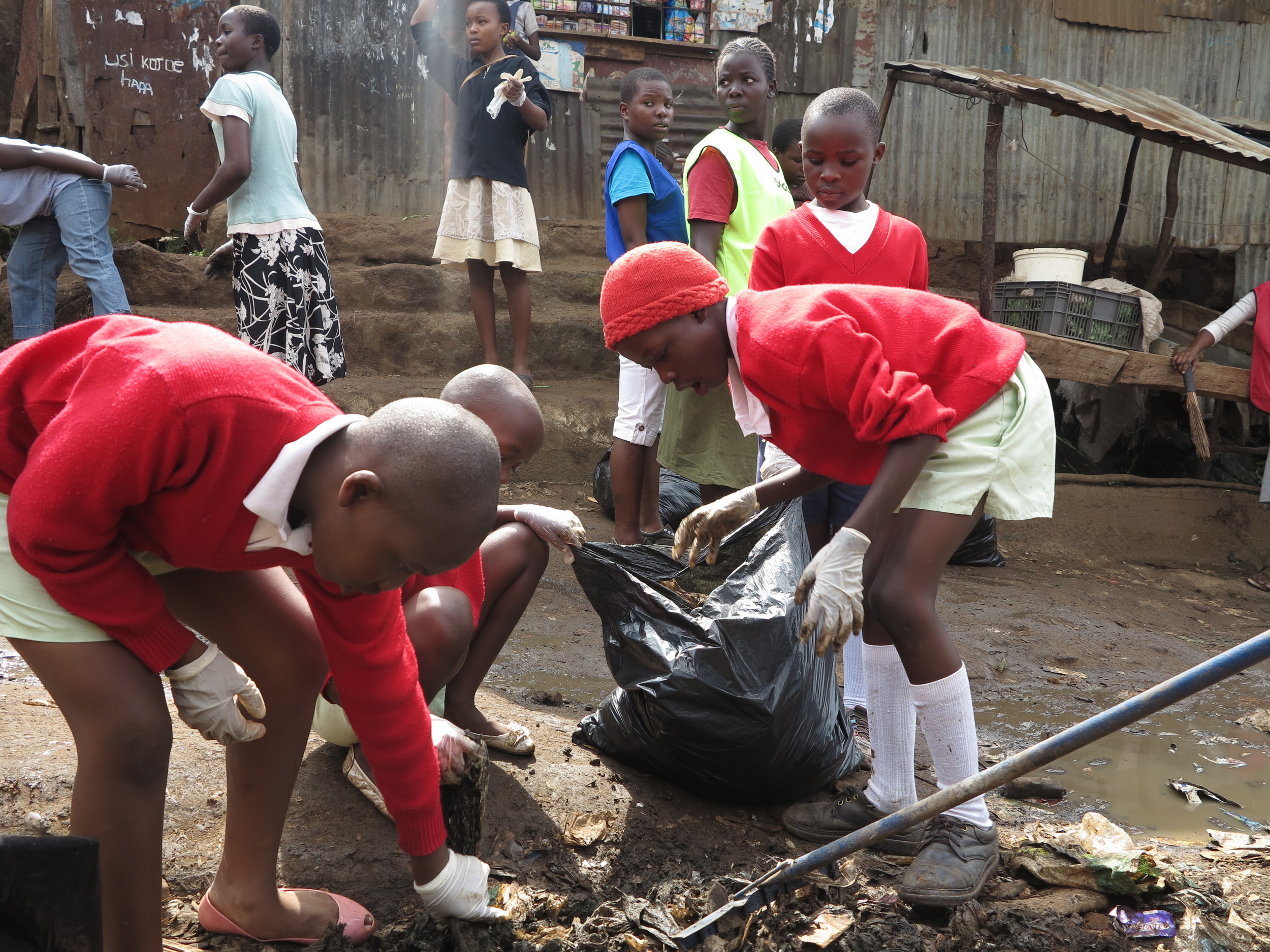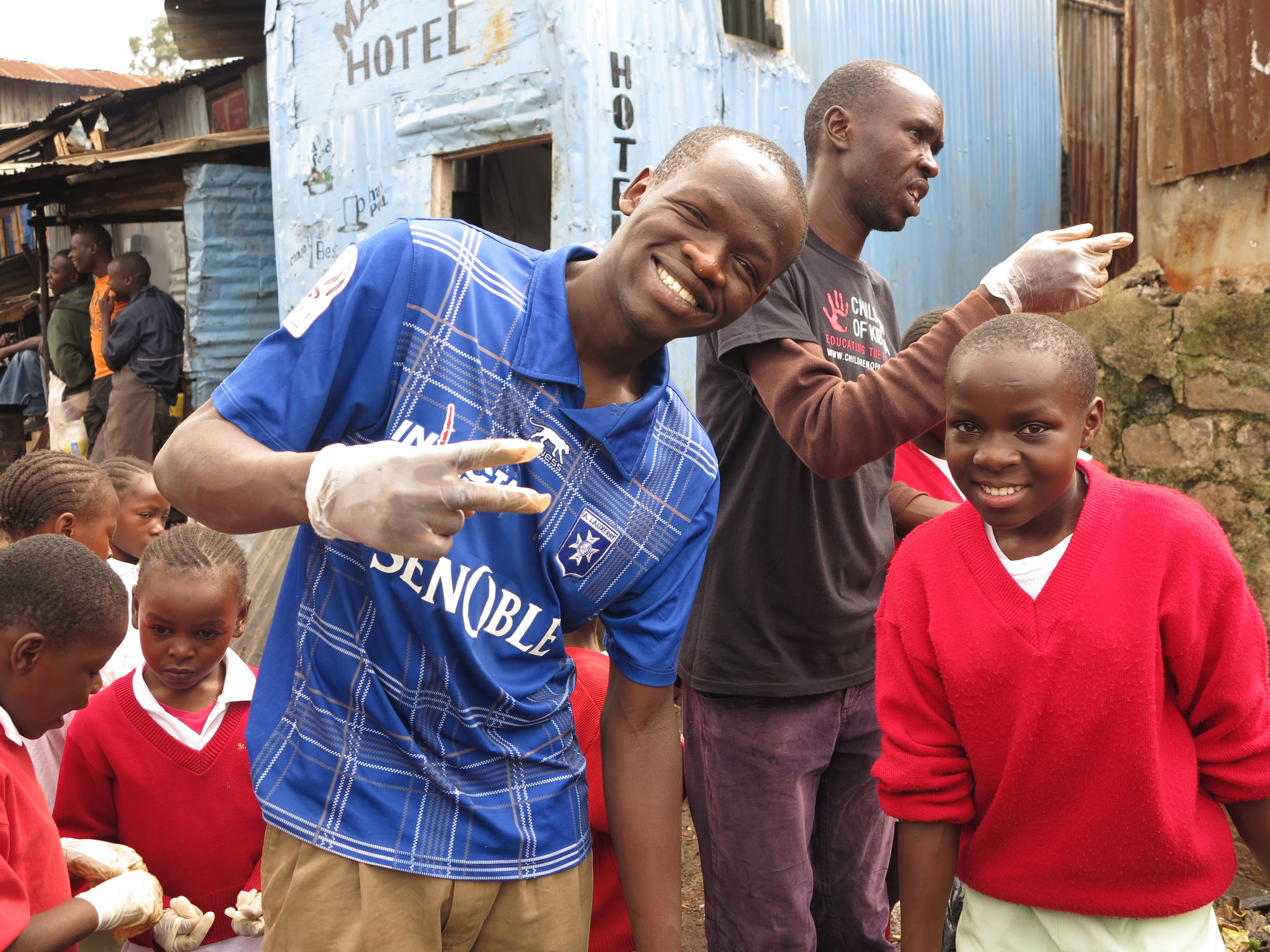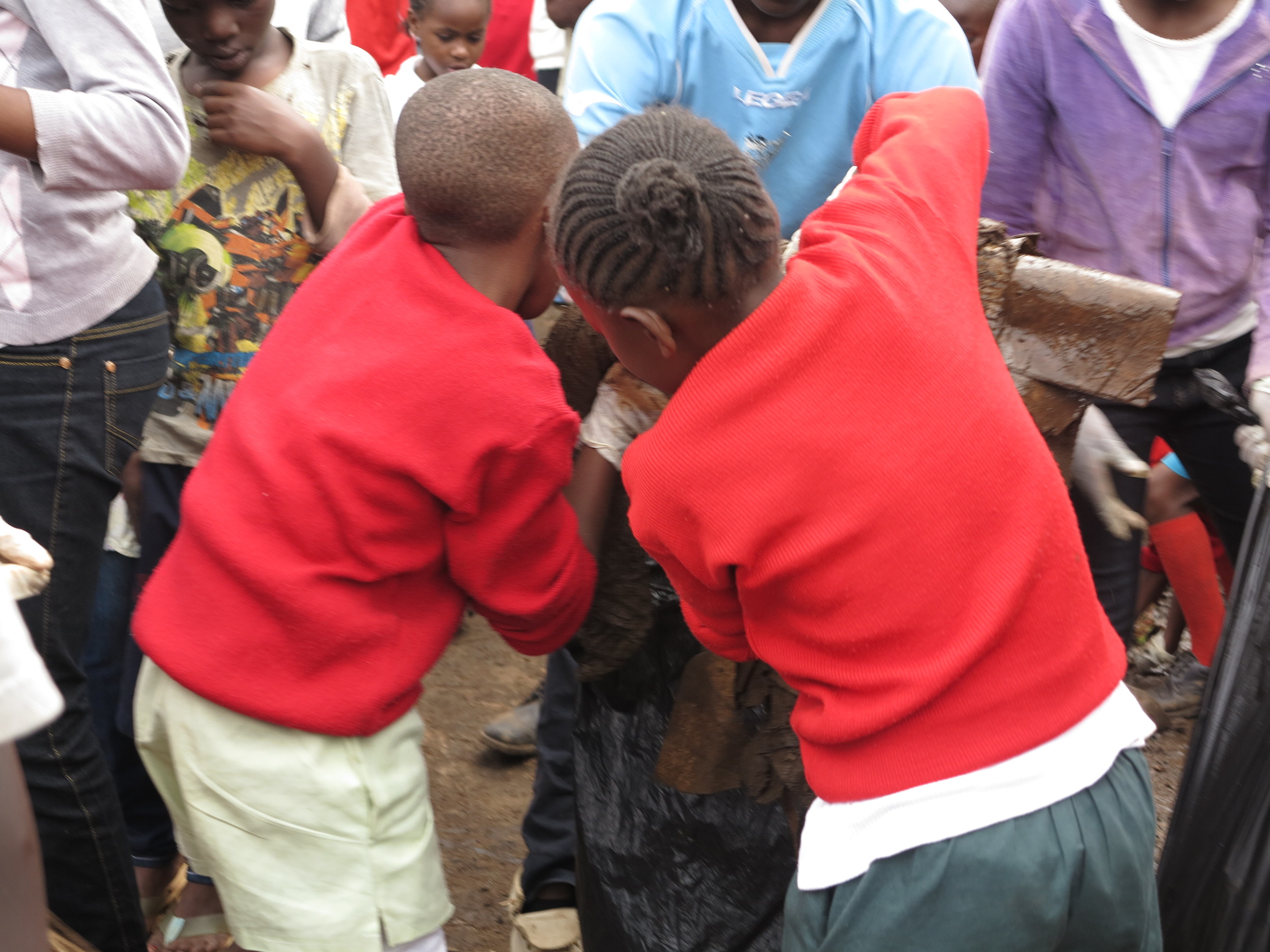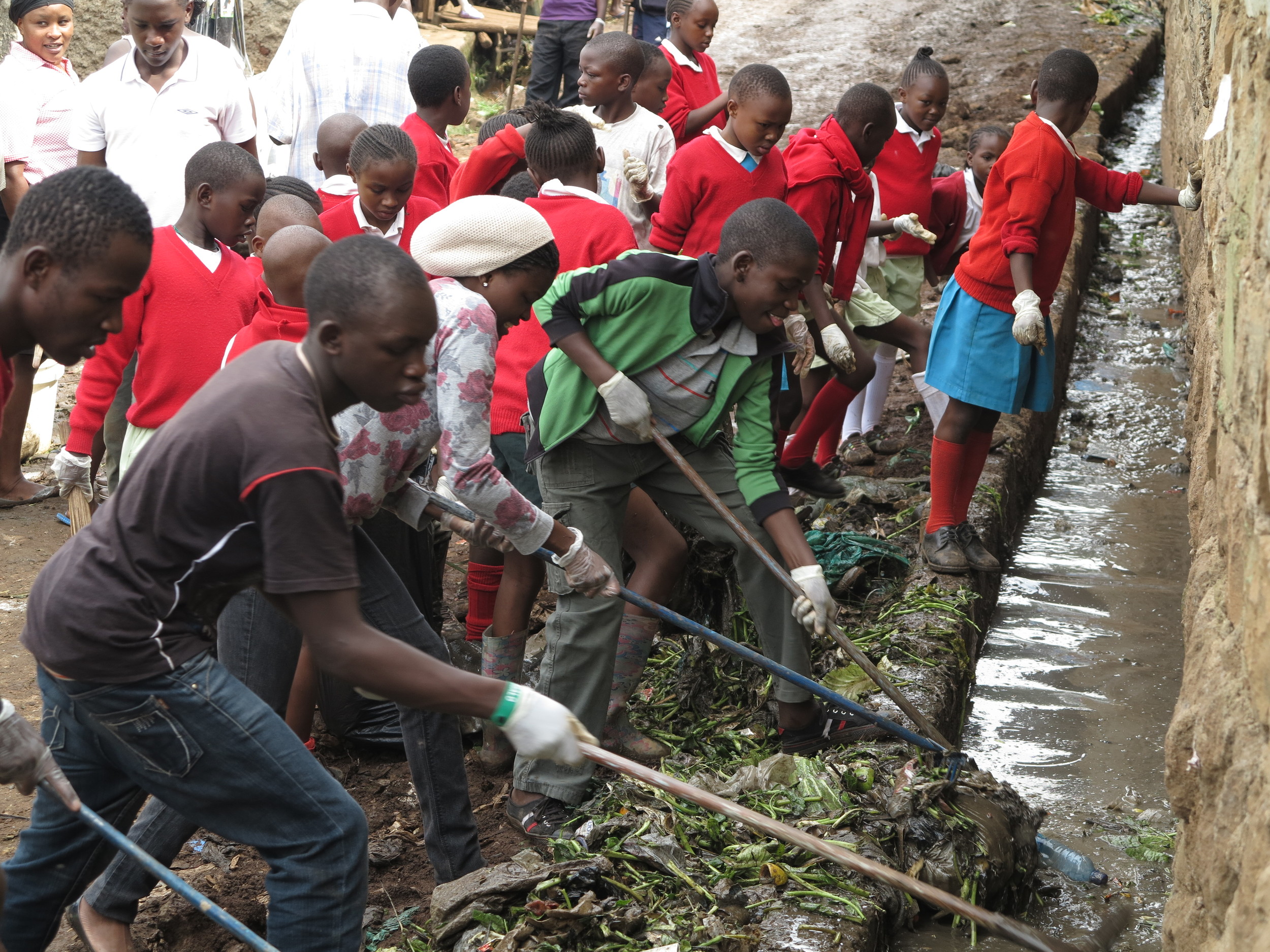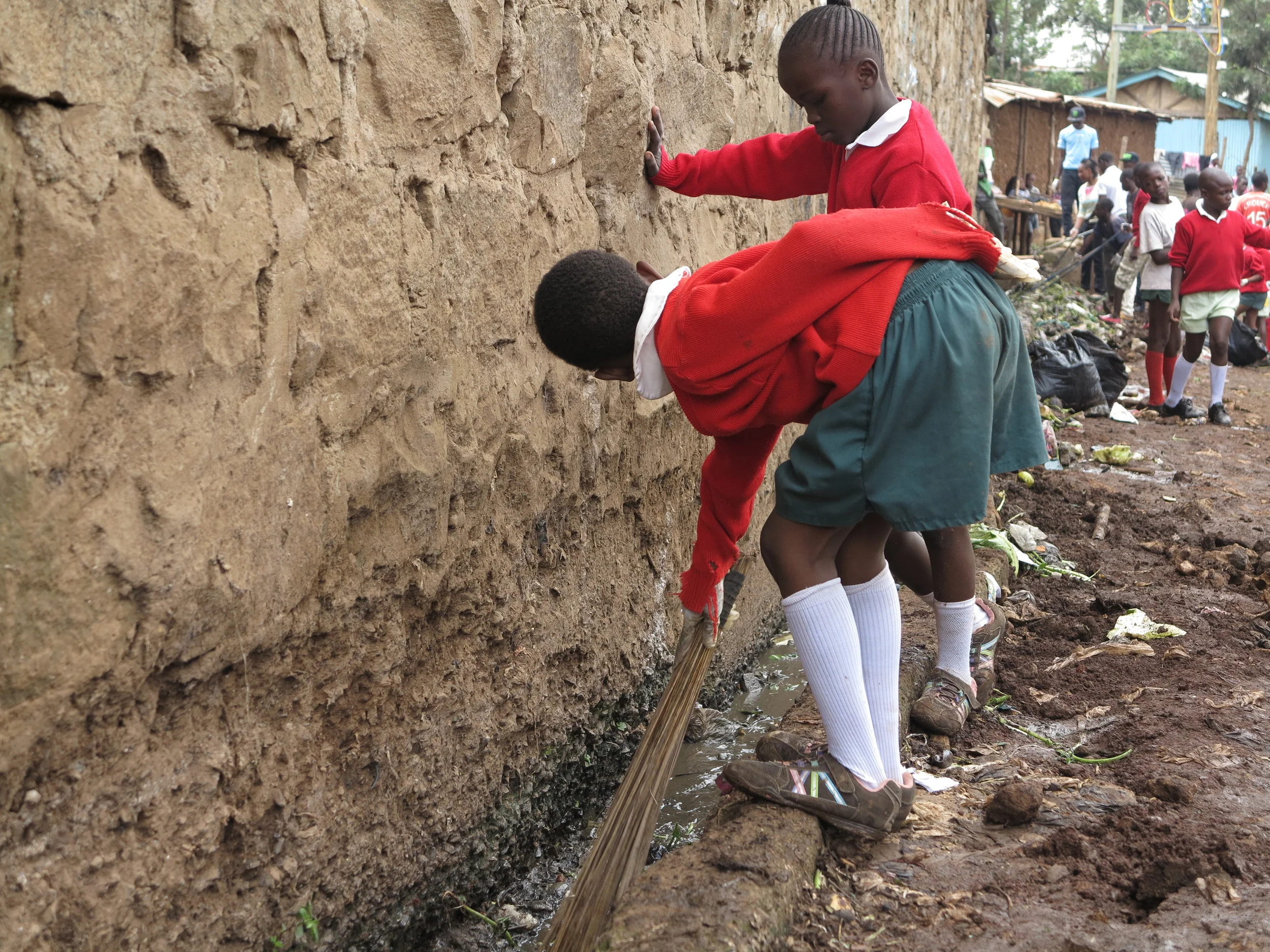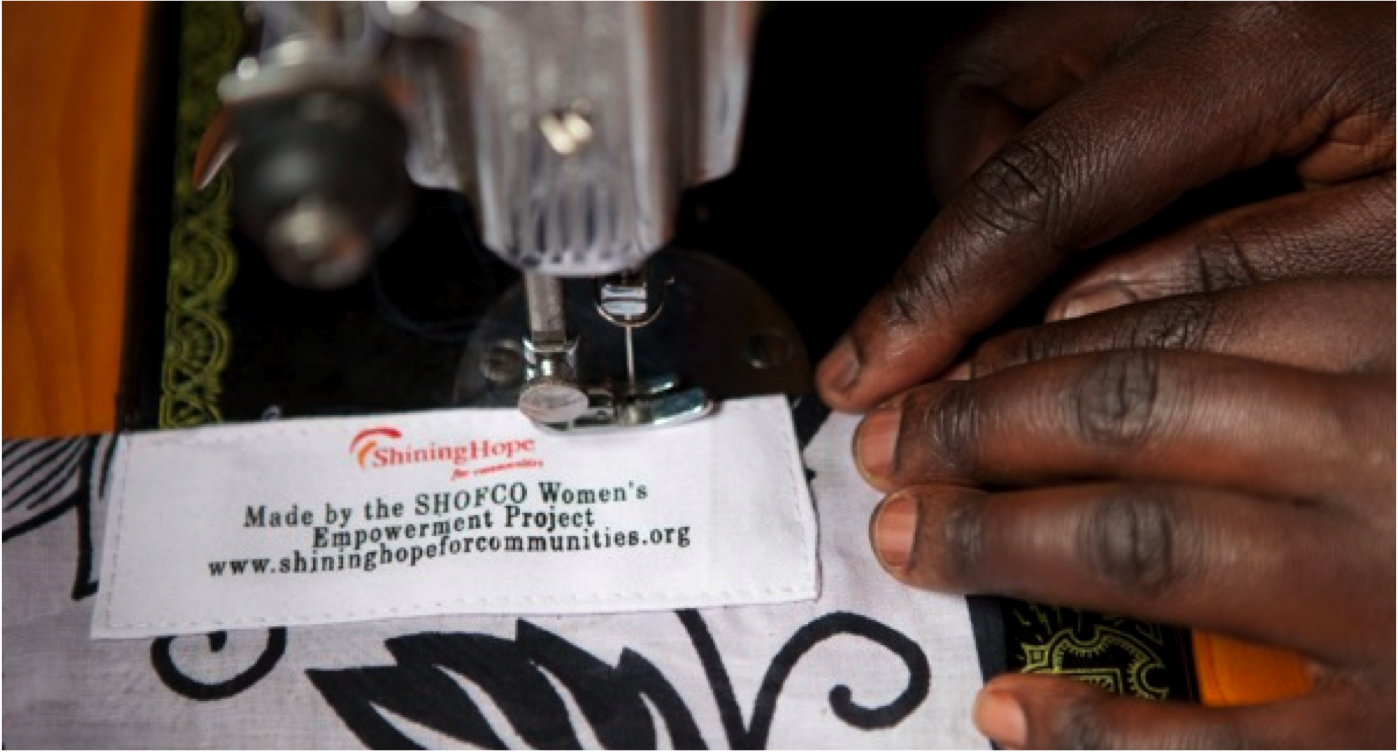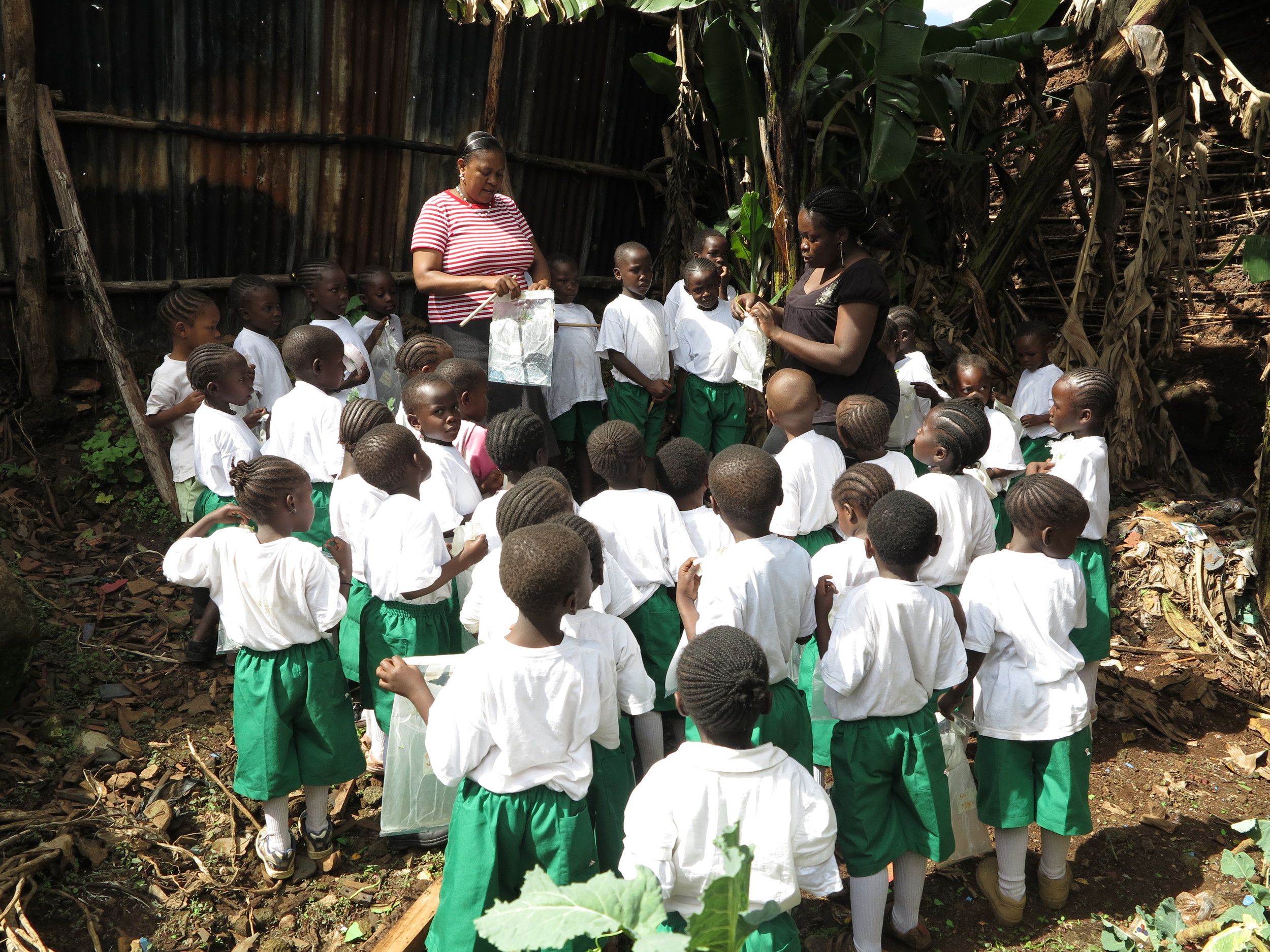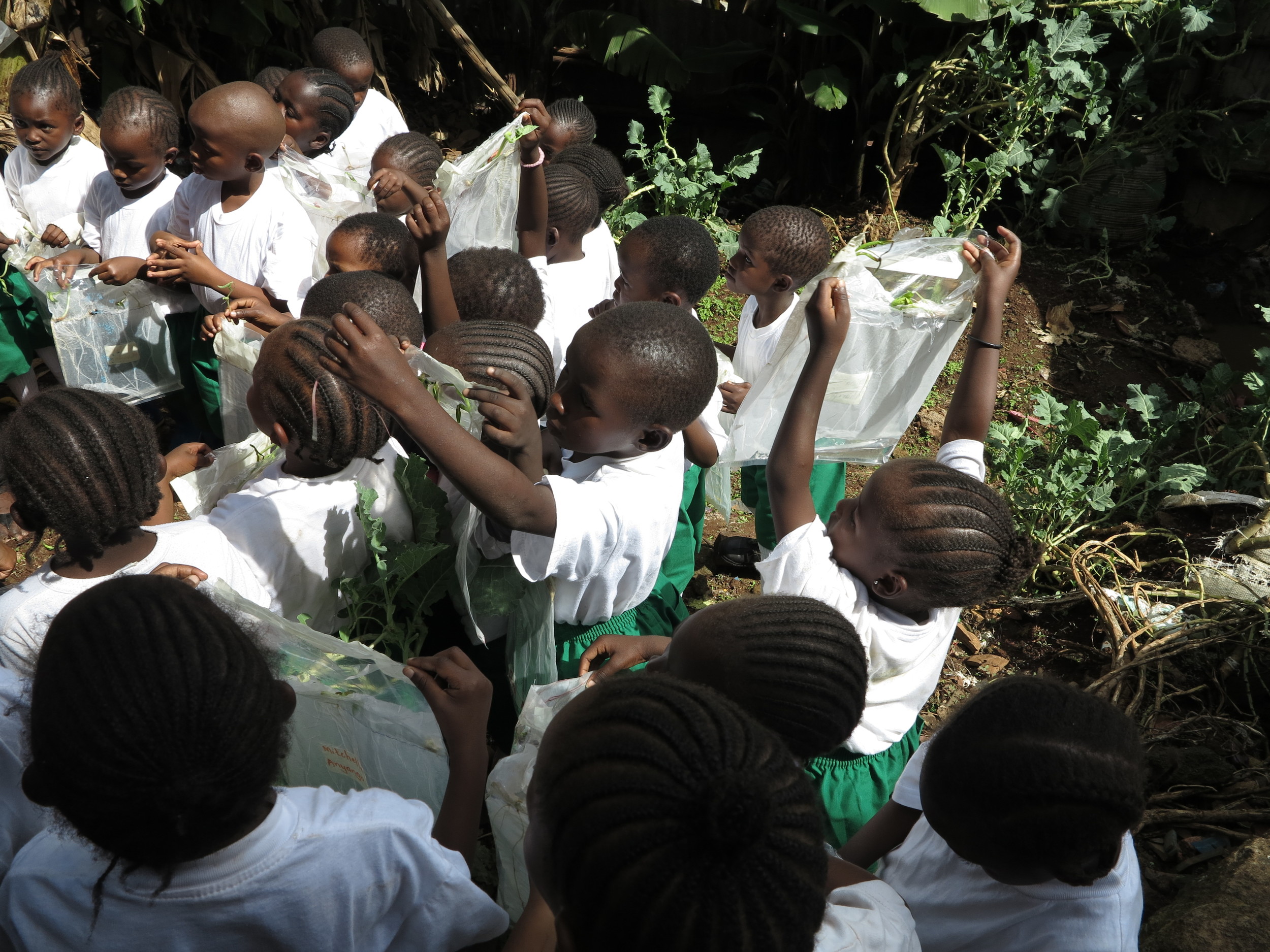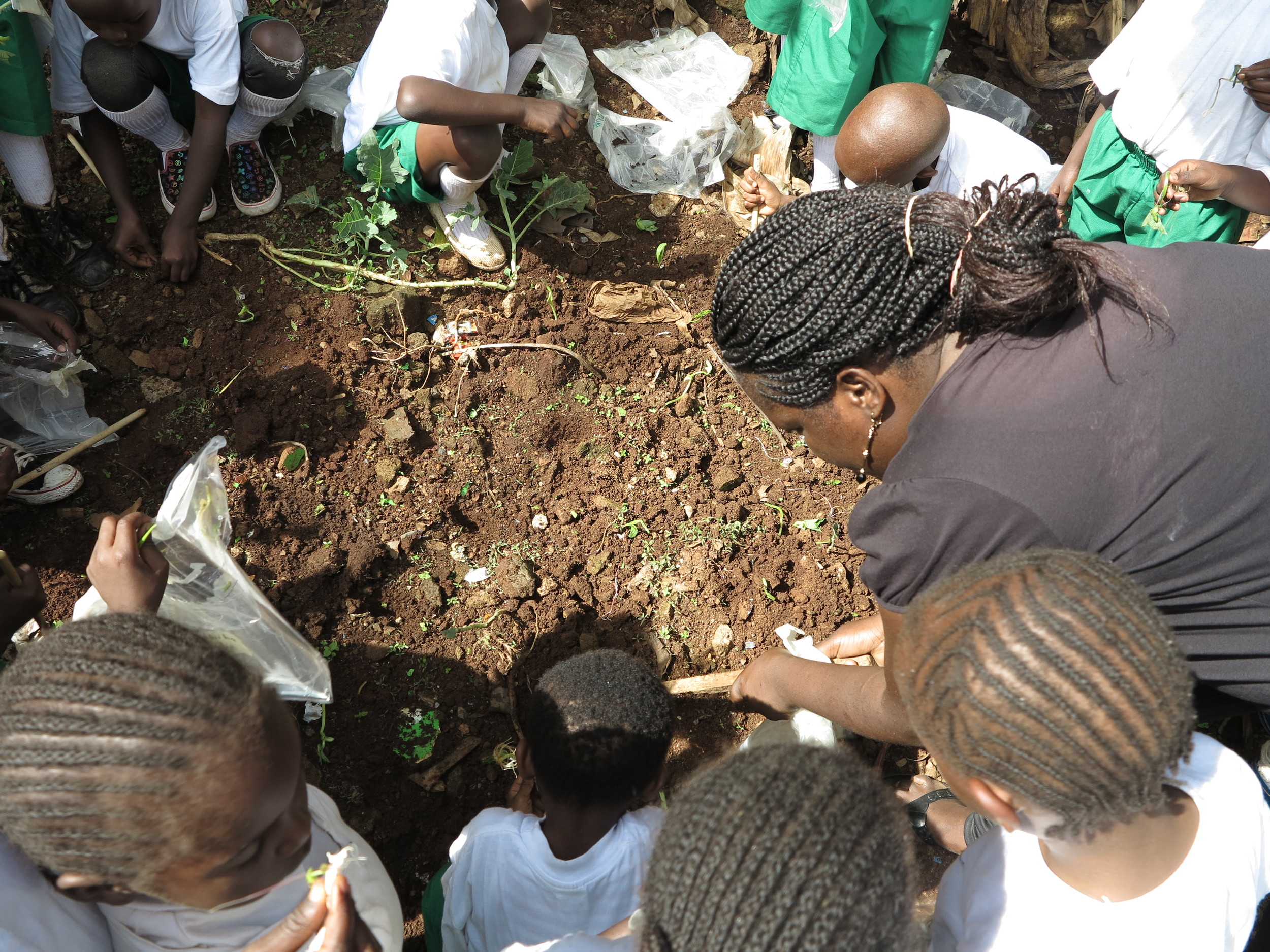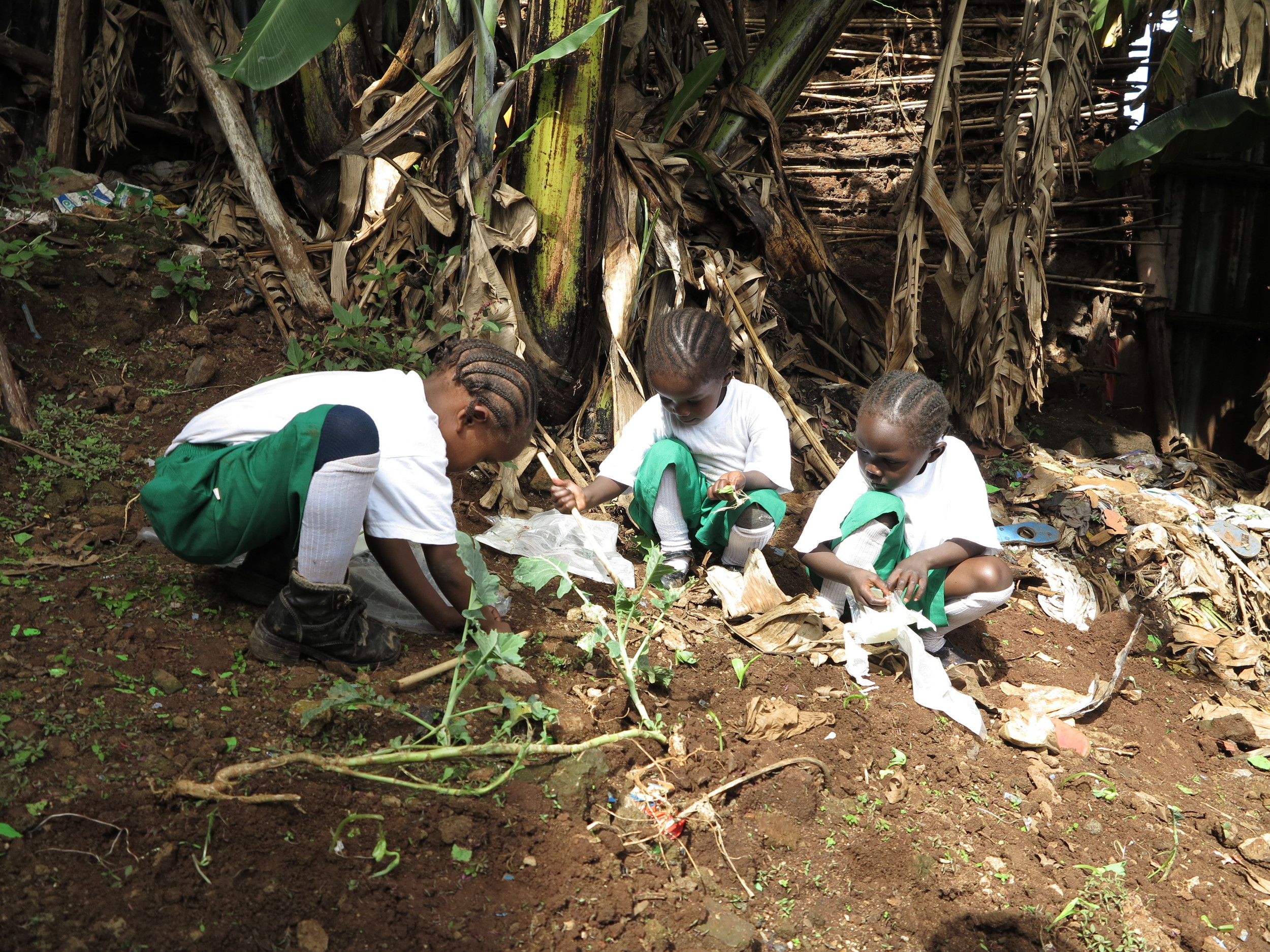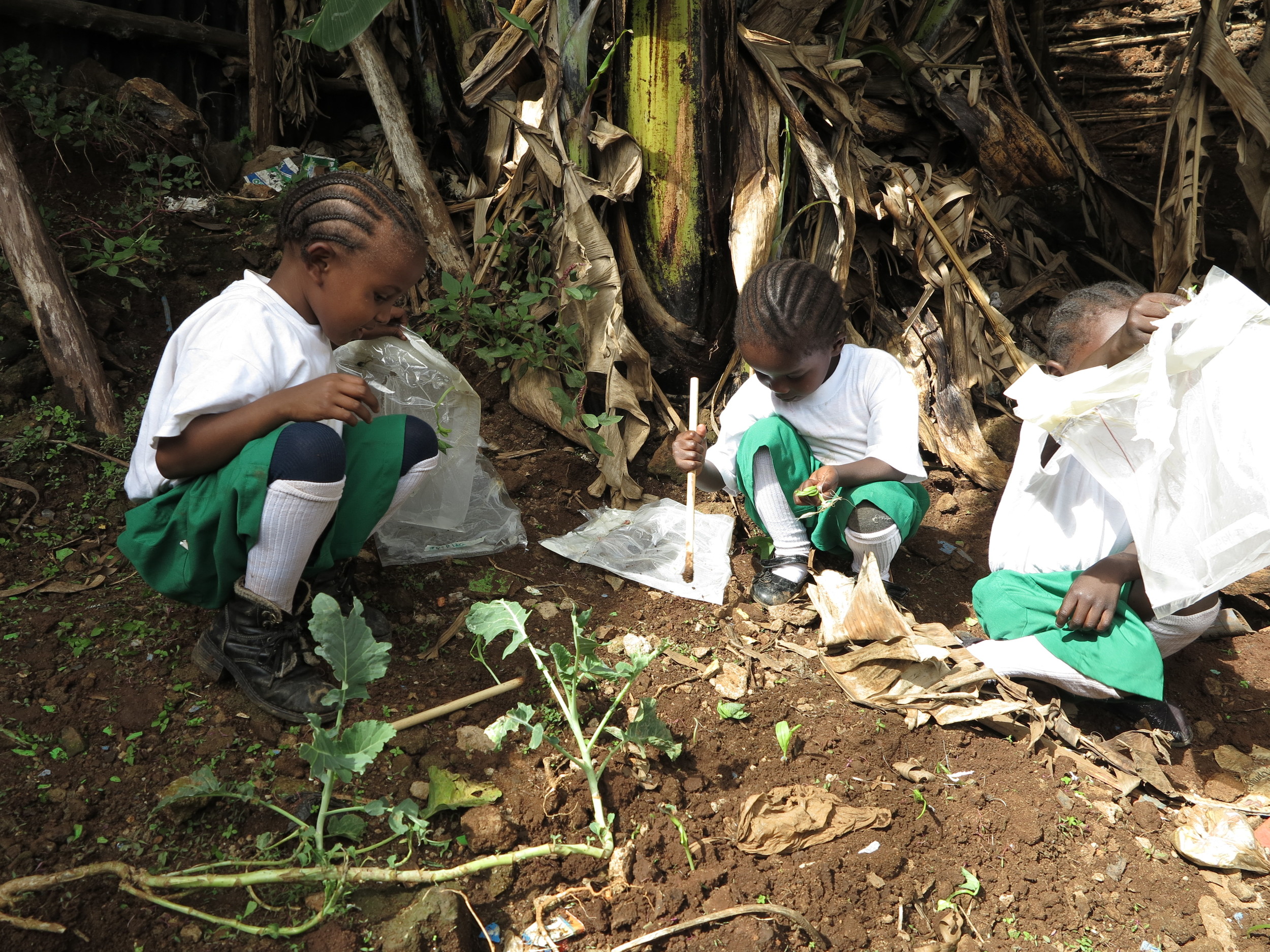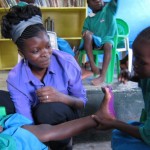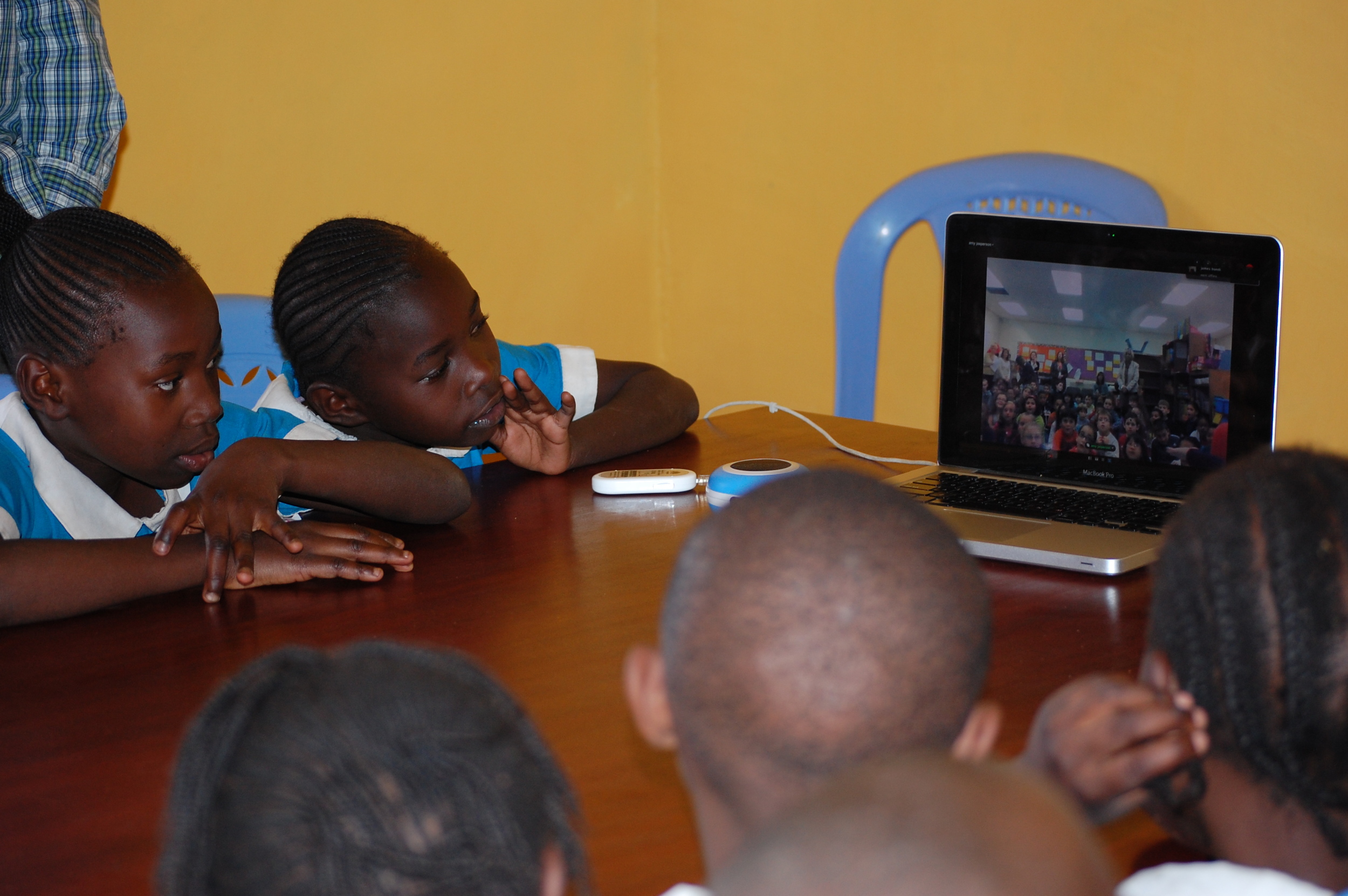Tracy Knight presents a poem about Education
By Tracy Knight, 3rd Grade
Education, Education, every body needs Education.
I must get education.
To brighten my future,
Education is the key every body needs it.
Education, Education, every body needs Education.
Listening to my teachers,
And be what I want to be.
Education is the key every body needs it.
Education, Education, every body needs Education.
To pass my exams, I need education
To open my future.
Education is the key every body needs it.
Education
By Martha Achieng, 3rd Grade
Education, Education, every body needs Education.
If you have education, you can have good career.
You can become a doctor, a pilot and a teacher.
Education is the key, every body needs it.
Education, Education, every body needs Education.
Education is life, life to success.
When you have education you can have a brighter life.
Education is the key, every body needs it.
Education, Education, every body needs Education.
There is a chance to try in education.
Take risk and pass it.
Education is the key, every body needs it.
Education
By Gloria Moraa, Grade 3
Education, Education, Everybody needs Education.
You need Education to succeed in life
You’ll pass exams and go to another class
Education is the key every body needs it
Education, Education, Everybody needs Education.
To have a wonderful future
You must get education
Education is the key every body needs it
Education, Education, Everybody needs Education.
Obey your teachers when they teach
To get a wonderful gain
Education is the key every body needs it.
